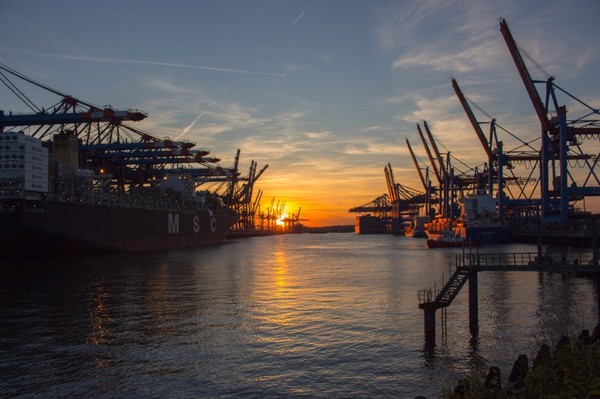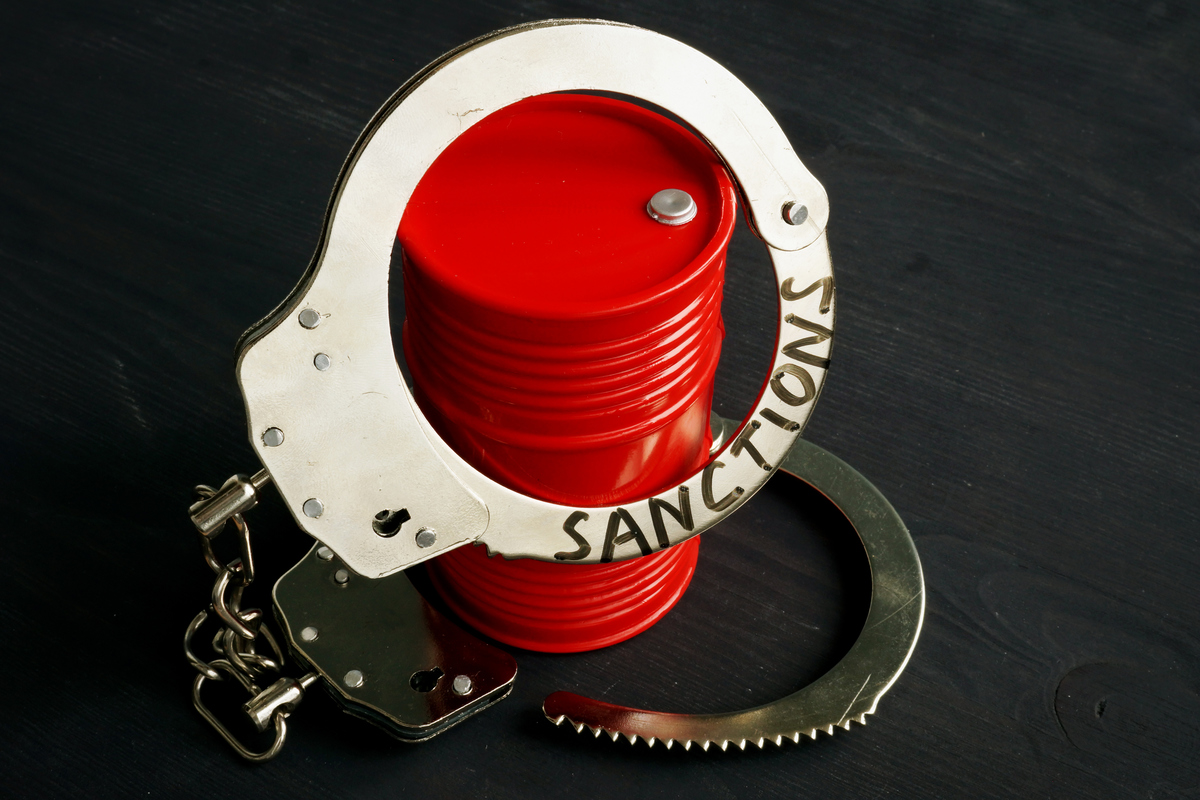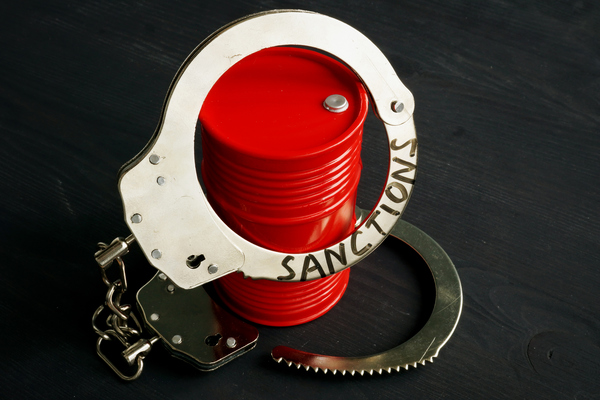Germany drafts emergency gas plans as Russia steps up payment threats
Germany has triggered an “early warning level” of its emergency plan for gas security and formed a crisis team to analyse the supply situation.
 PHOTO: Gantry cranes at the Port of Hamburg. Hamburg Port Authority
PHOTO: Gantry cranes at the Port of Hamburg. Hamburg Port Authority
The government will not intervene in the early warning level stage. German gas traders, suppliers, grid operators are free to maintain the gas supplies, procurement, storage while optimising the gas flow.
The warning level follows on the back of repeated announcements from Russian officials over the past week, saying it will only accept gas payments in roubles from "unfriendly countries". These calls have been rejected by G7 officials and German importers.
Russia insists the shift to roubles will only happen gradually, but that it could also be applied to wider set of commodities.
Meanwhile, Russian gas deliveries to Germany through pipelines remain steady.
While the G7's US, Canada and UK have embargoed or announced phase-outs of Russian energy imports, any EU-wide sanctions on Russian oil and gas have resolutely been rejected by major importers such as Germany and Netherlands.
German utility firm RWE and several trade unions have also insisted that banning Russian gas and oil supplies will have severe social and economic consequences.
Russian imports accounted for 35% of Germany's oil imports in 2021, while gas imports accounted for 55%, according to an Energy Security Report released by the German government.
“Companies are letting contracts with Russian suppliers expire, and not extending them while switching to alternative suppliers,” said Germany’s Minister for Economic Affairs and Climate Action Robert Habeck.
The report states the switch in contracts has decreased the share of German gas imports coming from Russia to 40%, and its share of oil imports from Russia to 25%.
Through diversification, energy-saving measures, increase in hydrogen supply and wider use of renewable energy sources, Germany aims to cut Russian gas imports to 10% by 2024.
Germany has been scaling up investments in renewable energy sources and intends to use 65% of renewable sources to power heating systems by 2024.
Moreover, the government is funding for a programme to switch from gas-fired heating systems to heat pumps which will be mandated for all new buildings from January 2023.
Fast-tracking LNG terminals
With Russia's invasion of Ukraine and massive German reliance on gas imports from Russian as a backdrop, the German government is looking to speed up construction of the country's first LNG terminal.
Earlier this month, German lender KfW, Dutch energy infrastructure company Gasunie and German utility company RWE announced a plan to fast-track a planned 8 billion cbm-capacity regasification LNG terminal in Brunsbüttel.
“Here, we need to reduce our dependence on imports from Russia as quickly as possible; Russia’s war of aggression against Ukraine is now making this imperative,” Robert Habeck said.
The Brunsbüttel terminal will eventually be refitted to process green hydrogen and its derivatives such as ammonia.
The country also plans to accelerate the construction of an LNG terminal in Wilhelmshaven, targeting completion in 2025. A previous plan for the terminal fizzled out in 2020 owing to lack of demand for imported LNG cargoes, Uniper said.






